Top Ten Business and Human Rights Issues in 2017
10 December 2016
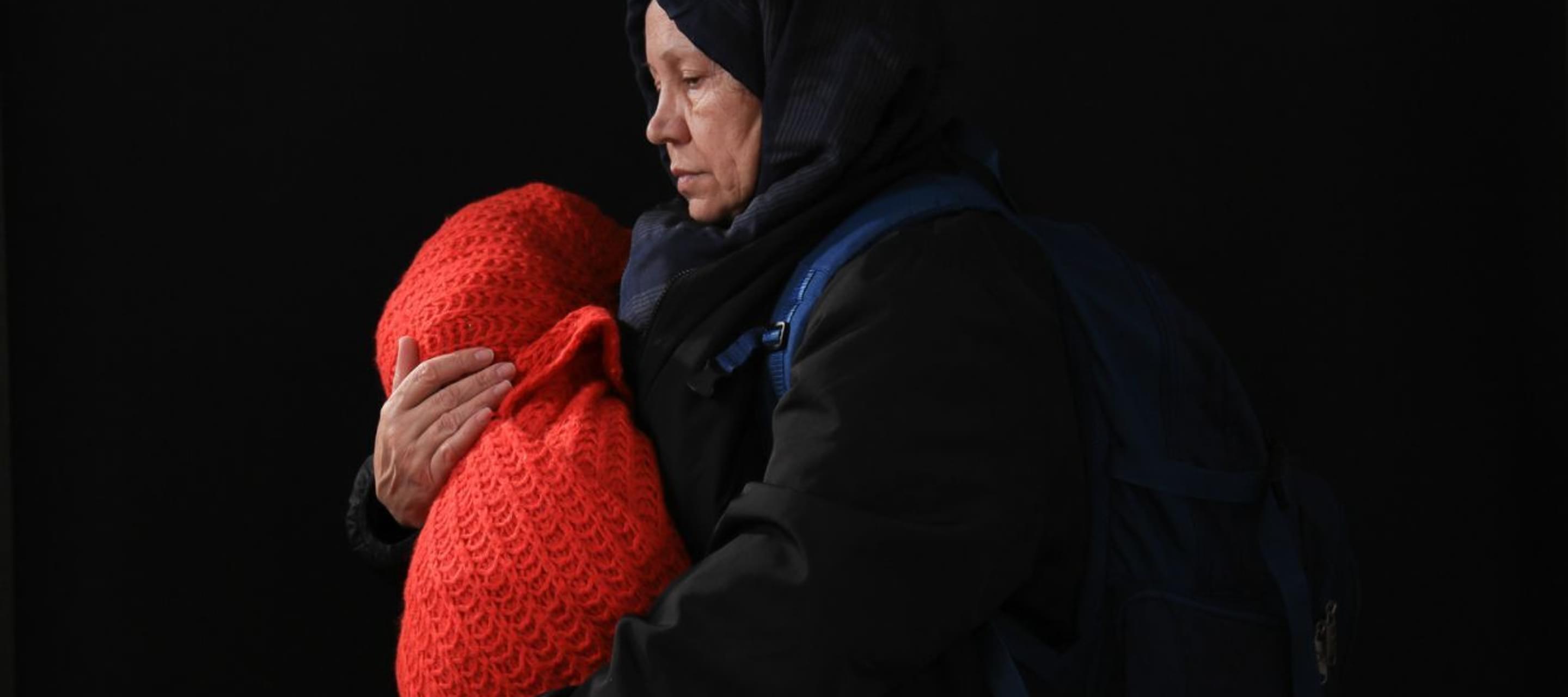
Marking International Human Rights Day on the 10th of December 2016, IHRB has published the eighth annual list of the Top 10 Business & Human Rights Issues for the coming year.
The human rights challenges expected in 2017 reflect a stark shift in social, political and economic drivers at the global level. At risk is the erosion of an international system upholding human rights protections and the rule of law, which could impact societies, economies, and businesses.
The human rights movement faces a difficult future in 2017, and it is up to all actors – civil society, governments as well as businesses – to champion the issues people care about and make human rights relevant to peoples’ daily lives.
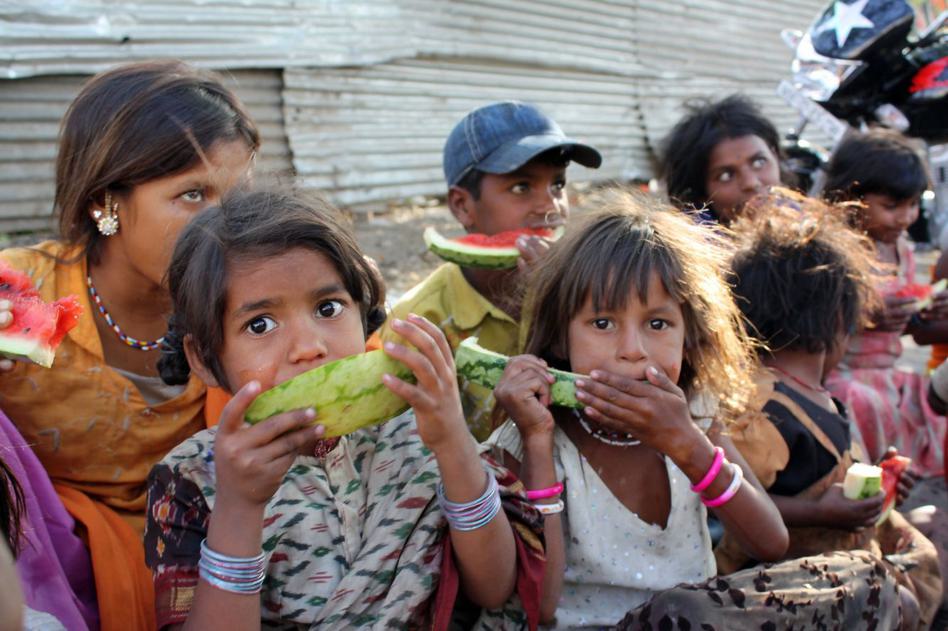
Inequality
The business role
As of 2016, the top 1% of the world’s population now owns more than everyone else put together. In the United States, the top 1% secured over half of all income growth since the 2008-2009 financial crisis.
As the Center for Economic and Social Rights notes, extreme inequality represents both a cause and result of human rights violations: not only do human rights violations drive inequality, erode labour rights, increase discrimination, and raise barriers to political participation, but unequal societies are also more likely to pose challenges to broad-based protection of human rights.
The link between business practices and rising inequality can be seen in corporate tax avoidance and evasion and prioritisation of shareholder interests that results in skewing income and wealth distribution, away from workers and benefiting shareholders, who include the world’s wealthiest individuals and largest corporations (“vertical inequality”). “Knowledge-intensive” economies can exacerbate levels of inequality, as manufacturing jobs decline and labour markets see increased division between higher-pay, higher-skilled jobs and lower-paying, lower-skill service employment.
And while the world has moved closer to gender equality over recent decades, women remain at significant disadvantage to men across a range of social, economic and political indicators (“horizontal inequality”). For example, laws and policies around the world prohibit women from equal access to land, property, and housing. Equally troubling, economic and social discrimination results in fewer and poorer life choices for women, rendering them more vulnerable, including to trafficking.
Some countries have shown that the right policies can encourage competitive and creative economies while fostering greater equality. But the challenge is real – how to make growth more inclusive, business more responsible, and distribution of resources more equitable. Put another way, how to ensure a more even distribution of wealth and access to resources across social groupings, whether by gender, or race, religion, ethnicity or otherwise, as well as between the richest and poorest.
The year ahead will see greater attention to how business can work with governments and other actors to play a more active role in combating inequality and promoting respect for fundamental rights. Business support for a living wage is one important step, as are strategies which employ local community members, improve education and entrepreneurial skills training, including dedicated initiatives to empower women, and expand apprenticeship opportunities.

Gig Economy
The rise of internet-enabled work
The spread of the Internet and wider use of technology has enabled us to work with a vast number of people in a collaborative way, or what is known as crowdwork. Similarly, we are increasingly able to secure services when needed by using ‘apps’ managed by firms. These new tools of the “gig economy” have made many business processes more efficient and reduced costs.
This trend also poses fundamental challenges to the nature of work. Some companies are moving from hiring permanent staff to temporary workers or offering “zero hour contracts”. This has granted workers flexibility – but also made them more vulnerable. Too often these workers do not have the protection of unions, and nor are they considered employees by companies using their services, which in some countries means they may be less likely to access important benefits such as health insurance.
Technological advances are often value-neutral, and the impact of the gig economy can cut both ways for women. Many women want greater flexibility once they have had children, and some assert the gig economy grants them more options. But the evidence is mixed. While outwardly such work arrangements look more attractive for women, economists are divided over its longer term impact on women staying in the workforce. This has economic implications given that women continue to earn less than men. Often, this flexibility comes at a price – lower-end jobs. Concerns over safety and high start-up costs also prevent women from seeking out certain jobs within the gig economy, such as drivers.
In 2017, competitive pressures and consumer demand may prompt other industries to replicate this model, shaking up many sectors that rely on intermediary functions. Companies adopting new technologies should take steps to reskill their employees, and make it easier for a broader range of job-seekers to apply for opportunities. State intervention may become necessary where there is clear evidence of contracts that disempower workers, erode labour rights, and limit the right to collective bargaining.
The challenge for governments will be upholding rights obligations while encouraging technological changes that can benefit industries and services. A recent British tribunal ruling held that drivers who sign up with Uber are its employees, and the company is challenging the ruling. As the dispute shows, there is still work to do to find consensus on how to benefit from technological advances and protect rights within the gig economy.
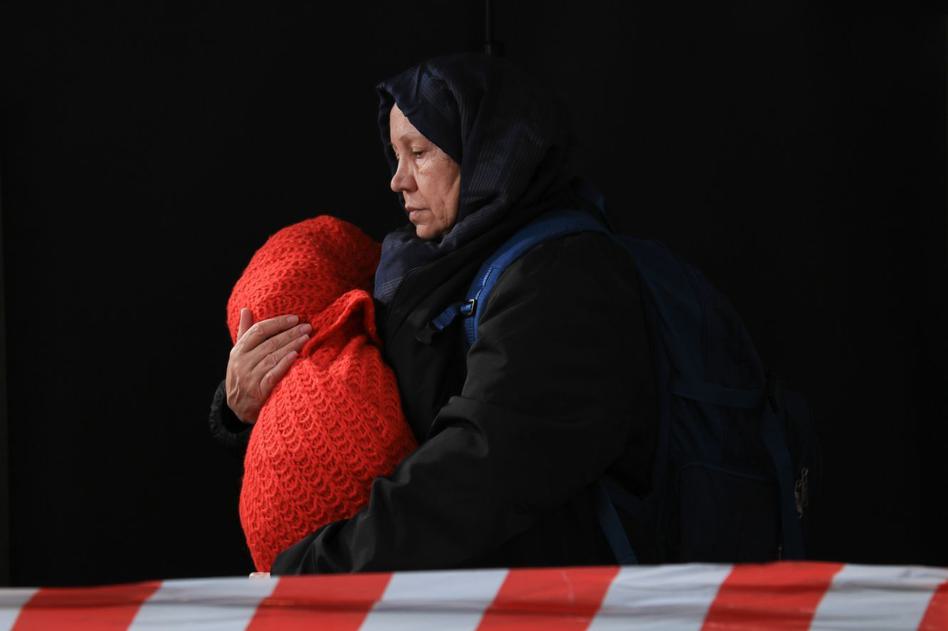
Refugees
Setting strategies with business
There are more than 65 million displaced people in the world today, the highest number in recorded history. More than 21 million are registered as refugees, who cross international borders in search of safety.
For refugees, the right to work is vital for reducing vulnerability, enhancing resilience, and securing dignity. Their work can also benefit local economic activity and national development. Yet the majority of refugees work in the informal sector, due to legal provisions and constraints on their right to work.
2016 saw, for the first time, women and girls make up over half of the global refugee population. Where permitted to work, female migrant workers contribute enormously to global value chains, remitting larger proportions of their incomes despite earning less than male counterparts. Female migrant workers are also more likely to spend remittances on education, health and family care. Yet their labour is often undervalued, underpaid and de-skilled. For many female refugees, there may also be cultural barriers to overcome within their own communities, if they are to join the workforce.
When prevented from working in the formal economy due to their refugee status, the inevitable displacement of refugee to the informal sector dramatically increases vulnerability to exploitative working conditions. Surveys show that human trafficking networks are becoming brutal and efficient at exploiting and profiting from the vulnerability of migrants and refugees.
2017 looks set to continue the record-breaking trend in global refugee numbers. New levels of national and international coordination are required, where multiple actors share the responsibility of ensuring decent work, labour market policies, and training and education to support sustainable livelihoods and better engage refugee social and human capital.
For governments on the front lines of refugee flows, more calls to action are needed for private sector actors to make new, measurable and significant commitments to refugee employment, education and empowerment. Creative planning, such as apprenticeship schemes or new industrial parks, can both harness refugees’ skills and fill shortfalls in sectors and markets.
Business needs to set clear strategies for refugee employment. This should focus on making the most of the talent and experience refugees bring, applying the learning from established approaches to inclusion around gender, ethnicity, disability and wider efforts, and actively participating in refugee policy responses. Businesses must also anticipate cases of illegal employment and set a clear approach for mitigation and remedy, including working with suppliers to ensure proper payment of wages and fees.
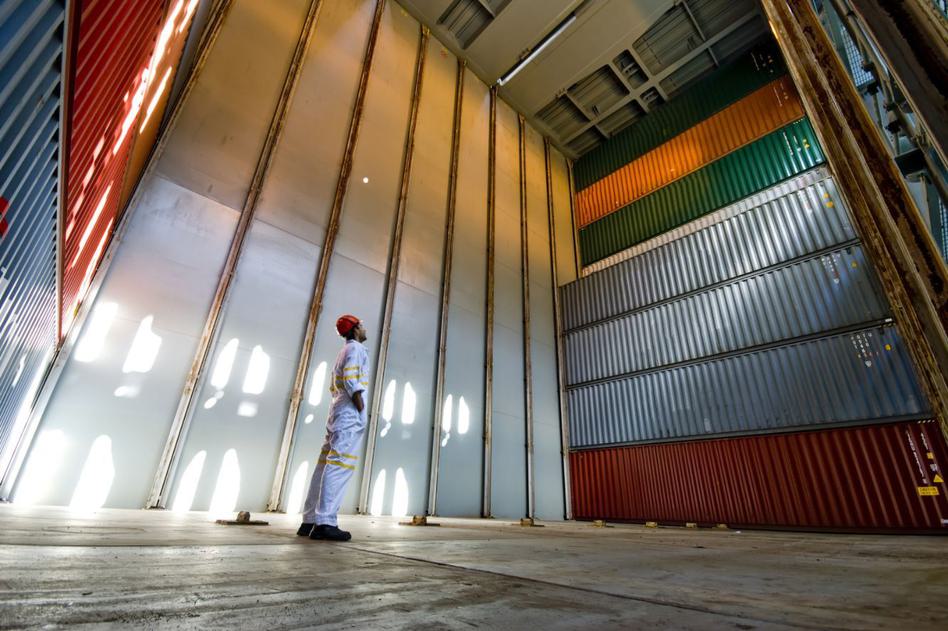
Trade Deals
Upholding human rights in a new era
2017 and beyond looks set to transform the way new economic, trade and investment agreements between nations are negotiated. These agreements set the terms of competition between companies, tax rules, employment conditions, environmental standards, grievance procedures, and more – they set the rules not just for economic activity, but for how people will be affected and treated.
These agreements will be made in a time of growing nationalist, populist and protectionist politics, meaning the rhetoric behind such trade deals is set to change dramatically. There is a very real possibility that negotiations will be motivated more by short-term perceptions of national self-interest, rather than be guided by the potential of long-term shared benefits of openness across borders and shared commitment to tackling the unintended adverse consequences of freer trade.
At risk are protections for the workers and communities impacted by the effects of such trade deals, which risk being eroded if such protections are perceived as barriers to new jobs and reinvigorated economies. These impacts also play out on different segments of the population in different ways, including men and women, meaning gender inequalities can affect trade policy outcomes and economic growth.
Those feeling left behind by technological change and free trade feel an acute lack of agency, a lack of voice. The human rights agenda has not adequately responded to the erosion of social and economic rights that have led millions to feel unequal and left behind by rapidly changing economies.
2017 presents a perilous moment for the human rights movement. All defenders of human rights must rethink assumptions about how they engage and reorient to today’s realities, including in the area of trade. It must start with how human rights are communicated – not assuming that citing international conventions is self-evident or convincing, but making the agenda persuasive, understandable and relatable to everyday life.
Business leaders have an important role to play, including by calling for a level playing field that’s truly global and based on respect for human rights, just as they have for maintaining climate commitments. The work at the ILO on tax and fiscal policy to achieve social protection floors demonstrates what addressing inequality and economic and social rights can mean in practice. Tools to analyse the potential gender impacts of trade deals before they enter into force are also at their beginning. It is therefore imperative these efforts progress further and are championed by the entire human rights community.
Seizing this moment of disruption through these and other measures, including information sharing, massive investments in education and retraining and further steps to spread the risks of economic openness, could mean the difference in ensuring respect for human rights and the environment in the terms of trade for years to come.
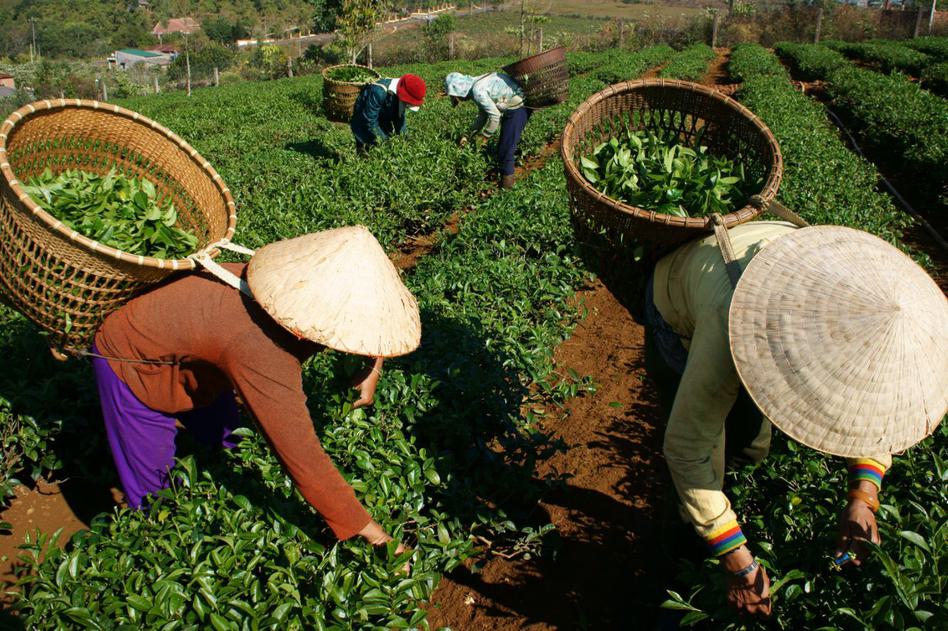
Supply Chains
Levelling the paying field
Complex value chains are a fundamental feature of the global economy, linking developing and developed economies, raw materials and finished products, workers and consumers. Liberalisation and technological innovations have enabled production processes to be broken down into smaller and smaller components, outsourced to utilise the cheapest labour costs or most advantageous regulations.
In this race to drive down costs, labour and safety standards are often squeezed the hardest. In industrialised countries, a trend towards casualisation of labour sees short-term or “zero-hour” contracts in many industry sectors becoming standard practice to maintain the leanest staffing arrangements possible. At the same time, migration for low-skilled jobs continues to rise. These workers routinely pay broker fees to secure their jobs, putting themselves at risk of debt bondage, forced labour and other forms of modern-day slavery. The ILO estimates 21 million people (half of which are women), are trapped in forced labour, of which 90% are in supply chains. The majority of these workers have no access to trade union protection or to legal remedy where abuses occur.
Women’s empowerment must remain a top priority for governments and business alike in order for the benefits of growth and prosperity to be shared equitably along the value chain. Globally, women tend to be less integrated into value chains than men, thus less able to participate in economic gains. The realisation of SDG5 on Gender Equality and SDG8 on Decent Work and Economic Growth are fundamental to ensuring that women and girls have improved access to education and training, finance and services, and higher-skilled job opportunities with meaningful decision-making potential.
The 2015 G7 Leaders’ Statement committed to “promote better working conditions by increasing transparency, promoting identification and prevention of risks and strengthening complaint mechanisms.” It also highlighted the joint responsibility of governments and business to foster “sustainable supply chains and encourage best practices.”
It is critical that commitments to upholding international standards in global supply chains be revitalised, starting with the 2017 G20 Summit under the German presidency. Improved protection for workers rights lies at the heart of levelling the playing field along the whole value chain.
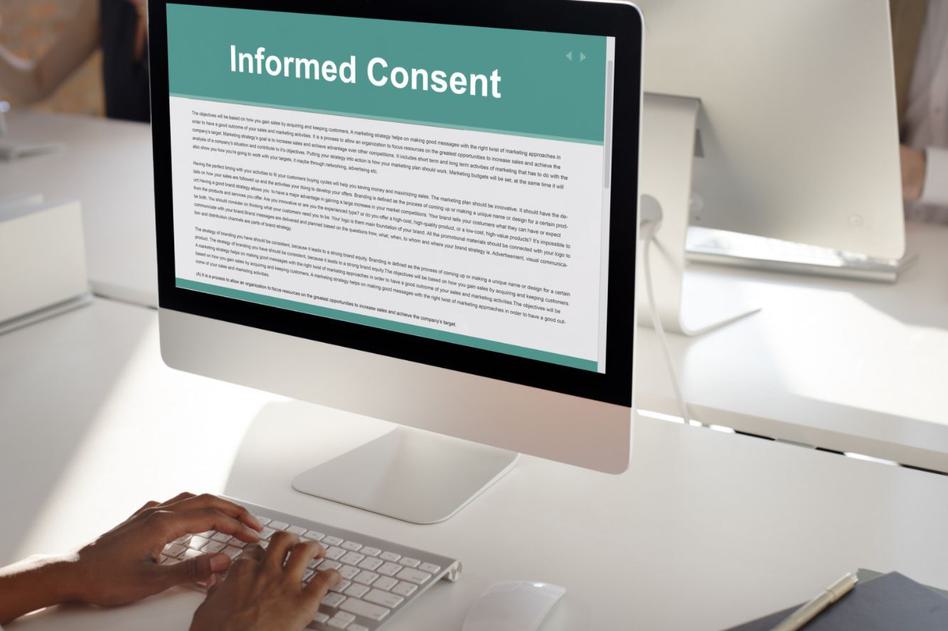
Informed Consent
The realm of big data
The principle of "free, prior and informed consent" is an important procedural concept that has long existed in relation to the land rights and cultures of indigenous peoples. The concept, with which the extractive sector is familiar, has since been extended to other communities facing similar pressure, and is coming into focus in sectors such as pharmaceuticals, for example in the context of clinical trials, or ICT, such as the endless consent boxes we all tick when online.
2017 will be a year when societies reflect more deeply about what "consent" really means. Businesses in all industries will likely see increasing demands to be clear about their consent processes and how to educate consumers and customers about what they are in fact agreeing to when they accept terms.
In the context of big data, some have argued that consent is no longer a meaningful concept. But to surrender consent to the inevitable march of algorithms risks surrendering to a world of implicit and explicit discrimination. Social media opens users to new forms of bullying and abuse based on their gender, ethnicity or sexual orientation. For example, search algorithms can generate radically different results for the same search terms for young men and women depending on the whether the adjective "black" is added.
By 2020, there will be 352,000,000,000,000,000,000,000 bytes (or 352 zettabytes) of data in the world. In 2009, the entire World Wide Web was estimated to be about 0.5 zettabytes of information. It is estimated that if all the speech ever spoken in human history were digitalised, this would be about 42 zettabytes.
Within the next three years, over 70% of these zettabytes will be in the hands of private companies, increasingly managed and exchanged between machines, with little human intervention. It is beholden on all companies, not just those in the ICT sector, to engage society in a discussion about what this data is for and how it might be used. Otherwise people will have been assumed to have given corporations and governments permissions to do what they wish with their data, eroding privacy rights further.

Free Speech
Responsibility in the age of social media
Media companies – whether within broadcast, print journalism, entertainment, or Internet-based – are at the frontier of the free speech debate. On one hand, they are custodians of journalists’ and others’ right to speak freely and receive information. On the other, they have the power to curb speech of those who do not agree to their terms of engagement, or whose views the owners or editors disagree.
The extent of media companies’ responsibility for human rights has been interpreted differently depending on the type of media in question. Internet-based companies often contend they are only distributing material produced by others and do not bear responsibility for the actual content. Newspapers, magazines, and broadcast companies, however, do bear responsibility for the content they publish, and most countries have some form of regulatory authority to ensure fairness in the broadcast and print media. Social media companies have further complicated this dynamic.
The growing range of social media companies have now become crucial intermediaries for public conversations, and are often the first source of news for many people. Such companies, such as Facebook and Twitter, are developing their own community standards, even as they claim that they should not bear responsibility for what appears on their sites. Critics challenge that assertion.
The dissemination of hate speech targeting women and minorities is an area of particular concern for many governments and civil society groups. Women have been targeted with misogynist abuse and hate speech, and a few prominent women have stepped away from some popular social networking sites.
An issue uniting all media companies – traditional and social – is that of advertising, and 2017 will likely see greater pressure from advocacy groups to influence the media’s decisions via their advertising. Precedents already exist around the world such as withdrawing advertising from a local newspaper for publishing the names of lesbian and gay individuals (which exposed them to possible persecution or violence), or withdrawing promotions for alarmist and hateful content about refugees and migrants. But such pressure can work both ways, and public advocacy campaigns can represent all ideologies, including those unconcerned about or hostile to human rights.
As politics around the world turns more contentious, it is imperative for media companies to consult regularly with human rights experts and free speech advocates so that they act in ways that respect international standards.
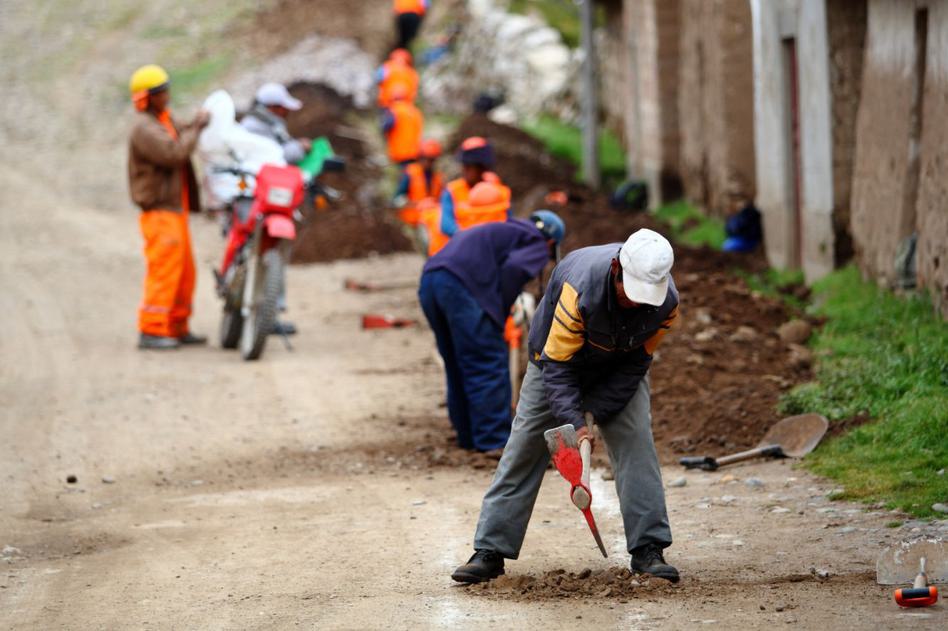
Construction Workers
Building the world’s infrastructure
The construction sector is a major employer accounting for approximately 7% of the global workforce. It includes many skilled and unskilled workers who design infrastructure and physically build it, making the industry labour-intensive. Migrant workers are a typical feature of this industry globally as construction cannot be outsourced and delivery of projects in cycles benefits from the ‘short-term’ contributions of migrants. The business model is characterised by subcontracting at all levels and often informal working arrangements for those found at the lowest tiers where the work is hard and the pay is low.
Migrant construction workers can face a range of exploitative conditions, including the payment of recruitment fees to secure employment, passport retention, and late- or non-payment of wages. These factors can create situations of debt bondage or forced labour. On some building sites working conditions are hazardous and health and safety provision is inadequate. Accommodation for migrant construction workers also often fails to meet decent standards.
Given the predominantly male workforce, impacts on women tend to take a different shape. Poor pay and conditions in the construction sector can have a serious impact on family life dependent on wages or remittances. This compromises the ability of construction workers to lift themselves out of poverty or for society to fulfil other challenges set by the UN Sustainable Development Goals.
Progressive companies within the sector are beginning to collaborate on a number of promising initiatives, which may help formalise the lower tiers of the industry and prevent exploitation. This is due in part to increased media and civil society scrutiny and legislation in some countries, such as the UK Modern Slavery Act.
These developments include: an Ethical Labour Standard for the industry by the Building Research Establishment; a new initiative based on the Stronger Together training programme being led by the Chartered Institute of Building; a global association of construction and engineering firms, Building Responsibly, which will focus on worker welfare; and joint inspections with trade unions around the World Cup infrastructure developments in Qatar, a positive example for other host countries.
2017 will need to see these leaders catalyse the rest of the sector to respect and empower the millions of women and men building the world’s infrastructure.
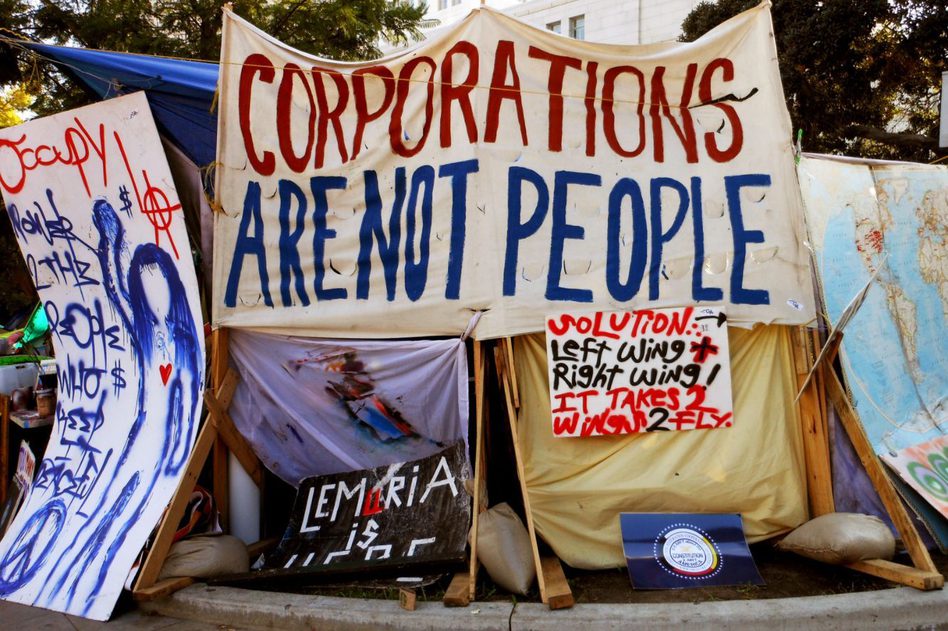
Accountability Mechanisms
Gaining momentum
The year 2016 saw continuing efforts to strengthen legal accountability for business involvement in human rights abuses.
At the international level, in June 2016 the UN Office of High Commissioner for Human Rights submitted the outcome and recommendations from its Accountability and Remedy Project. The report, which was welcomed by the UN Human Rights Council, includes guidance to states for strengthening domestic legal systems for cases of business related human rights abuse.
In addition, the UN Committee on Economic, Social and Cultural Rights published a draft General Comment on state obligations under the UN Covenant in relation to economic, social and cultural rights and how they can be affected by business activities.
The second session of the inter-governmental working group mandated to develop a proposed legally binding instrument on business and human rights also took place in 2016. In 2017 the working group will begin to put forward its proposals for what a new international instrument should address.
The need for a legally binding instrument is felt particularly strongly because the current mechanisms at national level have too often not delivered remedies to those whose rights have been adversely affected. In parallel, some experts are exploring an international arbitration mechanism that might offer a forum where disputes can be heard and settled between parties which agree to the arbitration. In France, moves are underway to require companies to establish a “duty of vigilance” on parent companies towards their subsidiaries, codifying what due diligence might mean.
The legitimacy of any future legal instruments will depend in part on how gender analysis and participation of affected women and men are part of the drafting process, as well as how new regulations address existing gender-based inequalities, including laws that limit equal access to justice.
The year ahead will see growing attention to corporate accountability at all levels and through a variety of mechanisms. There will likely continue to be a steady increase in the number of legal cases at national level that will push the importance of ensuring global action to ensure robust laws and access to effective remedies for victims of rights violations involving business activity.
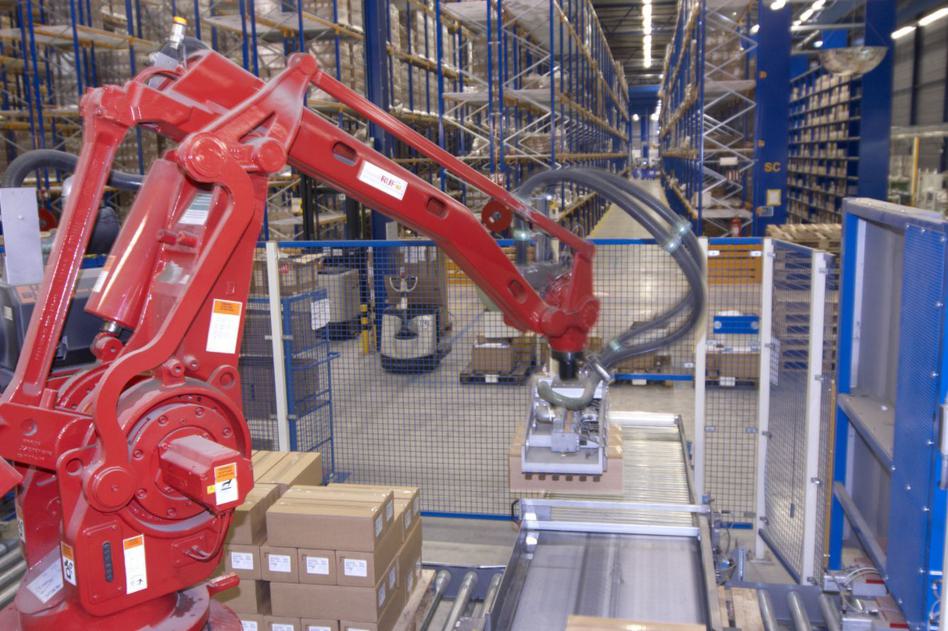
Automation
Preserving workers’ rights
The constant and relentless pressure on profit margins is forcing many companies to look at new ways to cut costs. From airline check-in terminals, to sophisticated manufacturing machinery, and robotics in mining, companies are increasingly automating their processes to replace workers. Machines do not take lunch breaks, sick leave or go on vacation, they do not form unions, and they work long hours.
One consequence of automation is rising unemployment in industrialised economies. The world without work is no longer a theoretical possibility. More manufacturing and service companies are replacing workers with machines – in particular, jobs requiring simple, repeatable tasks and relatively lower skills. Job losses will be widespread from developing economies like India to emerging powers like China as well.
Studies have shown that automation has also made working lives more complicated for women, and the gender impacts could be severe. Women workers will be particularly at risk of job loss, as sectors where women have found it easier to get jobs – bank tellers, cash register operators, sorters at supermarkets, and light manufacturing – are particularly vulnerable to the rise of robotics and automation.
Individual decisions by companies cannot address the magnitude of the situation created by technological advancement. Collective solutions are necessary to ensure that as the ‘great transformation’ takes place it does not leave behind a vast number of people. Companies, governments, academic institutions, and civil society organisations will have to collaborate in new ways to ensure that workers whose tasks can be performed elsewhere or by machines are retooled and reskilled.



